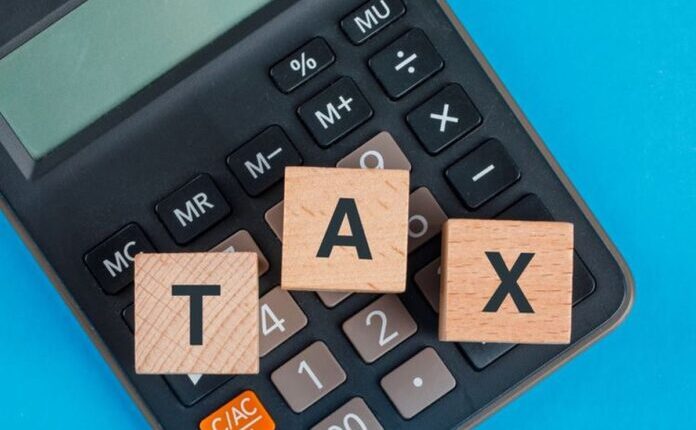Economists Welcome 12 Percent VAT Only for Luxury Goods
Jakarta – Economists have welcomed the government’s decision to only apply a Value Added Tax (VAT) rate of 12% for luxury goods. This policy is considered more efficient and can reduce the potential burden for people with middle to low incomes.
Chief Economist of Permata Bank and Head of Permata Institute for Economic Research (PIER), Josua Pardede, views the 12 percent VAT policy that only applies to luxury goods as reflecting an effort to create a fairer taxation system.
“Luxury goods are consumed by high-income groups, so the tax burden is more proportional to the ability to pay,” said Josua.
By imposing a tax on luxury goods, he said that consumption of secondary or tertiary goods can be controlled, while basic necessities remain affordable. Goods subject to luxury tax include motor vehicles and other premium consumer goods.
“This focus ensures that essential sectors such as food and basic necessities are not directly impacted,” he said.
Josua said that the cancellation of the VAT rate increase that was originally going to be applied to some goods and services does have the potential to reduce fiscal space because revenue from VAT on non-luxury goods is limited. However, by setting a lower rate (for example 11 percent), the government can reduce the risk of tax burden for the wider community.
“Lower VAT rates on non-luxury goods can increase people’s purchasing power, encourage domestic consumption, and drive the real sector,” said Josua.
Meanwhile, economist at the Center of Economics and Law Studies (Celios), Bhima Yudhistira, said the 12 percent increase in VAT for luxury goods had a more positive impact on the economy.
“The 12 percent VAT increase only for luxury goods is more positive for the economy, even though currently the price of goods has increased because the technical regulations of the Minister of Finance’s regulation (PMK) were issued late,” said Bhima.
He appreciated the government finally considering the purchasing power aspect of the lower middle class and MSMEs. In addition, there are many options available to the government to replace the VAT revenue that did not increase. One of them, the government can start designing a total wealth tax on the super rich people’s assets can be taxed at 2 percent.
“So it’s not income tax, yes. But wealth tax which Indonesia has not had so far. The estimate is that Rp81.6 trillion will be obtained once the wealth tax is implemented. The OECD and G20 are also encouraging the implementation of wealth tax,” he said.
